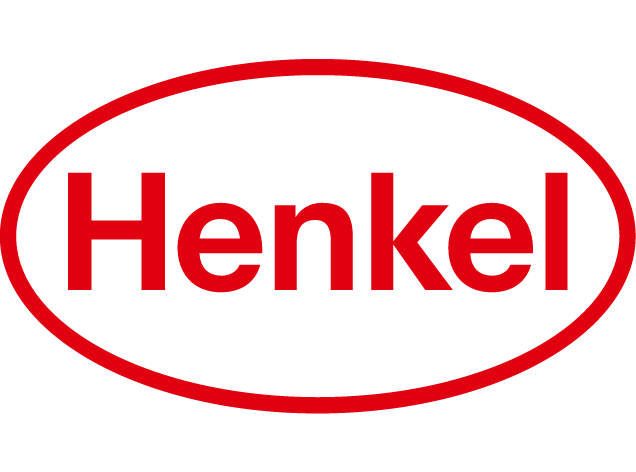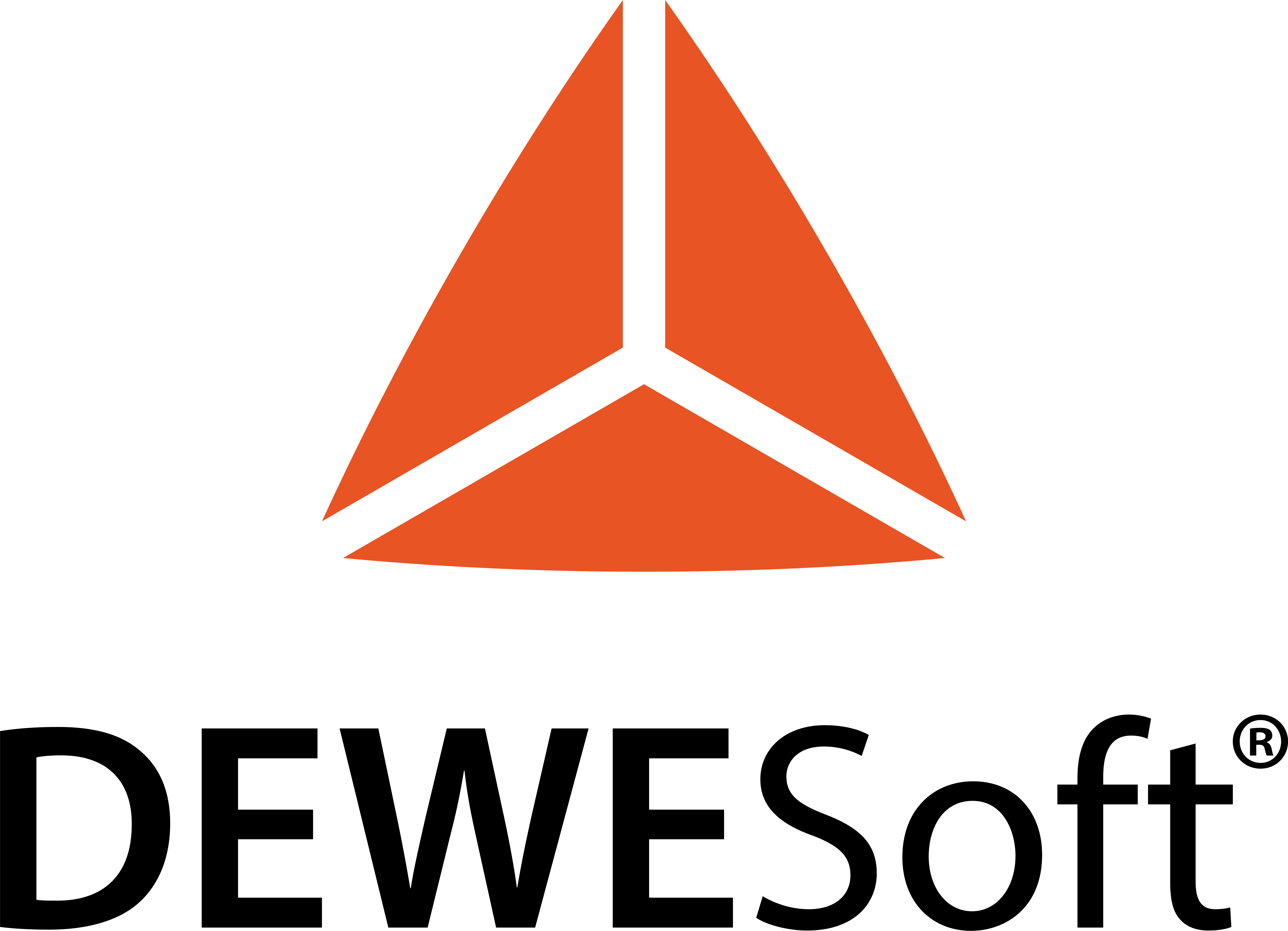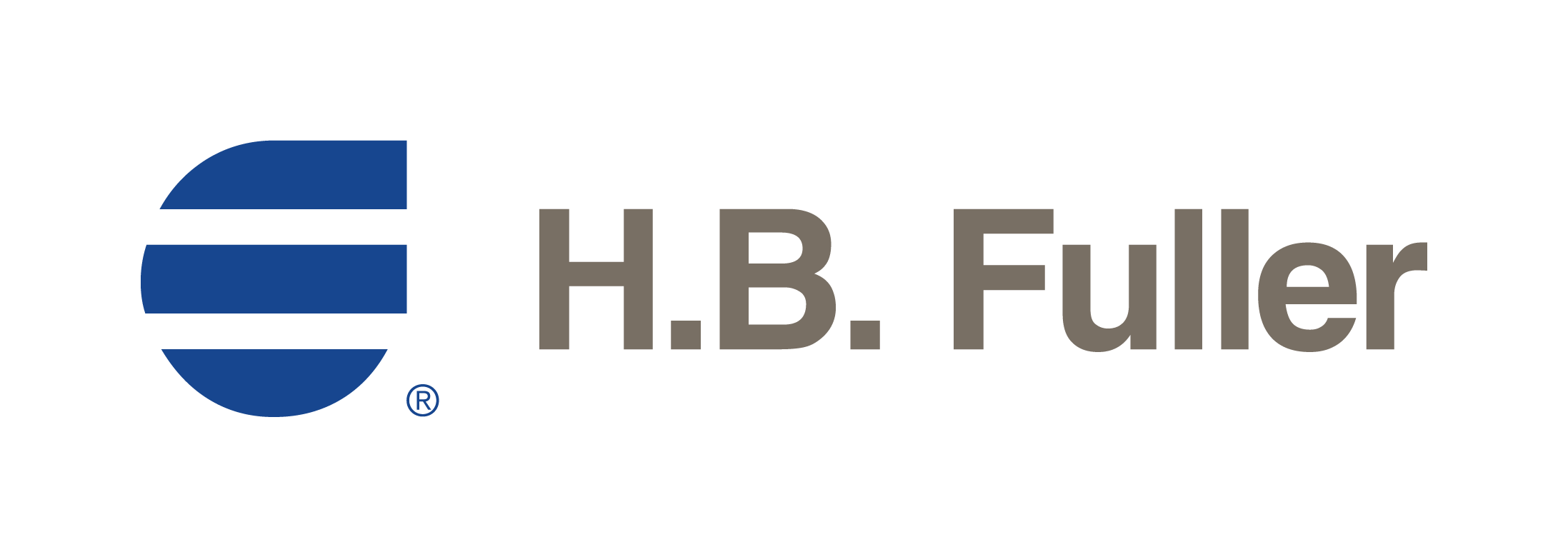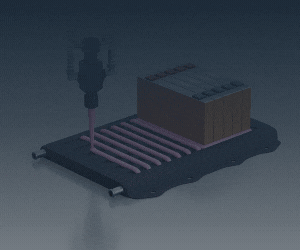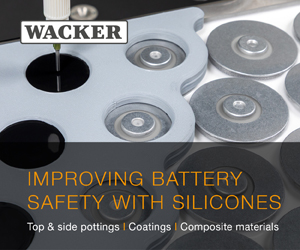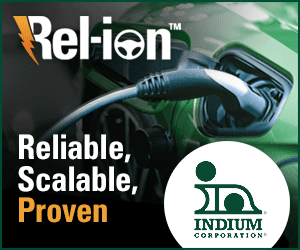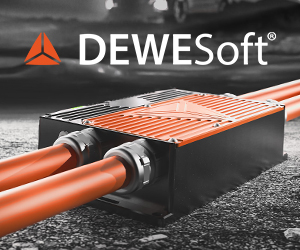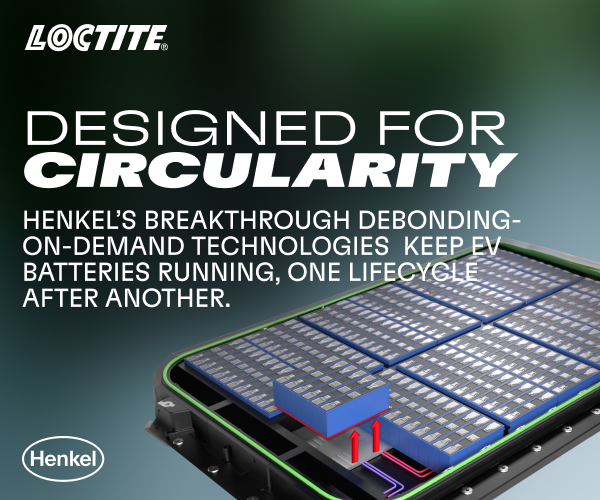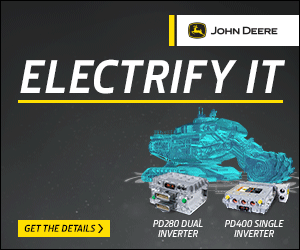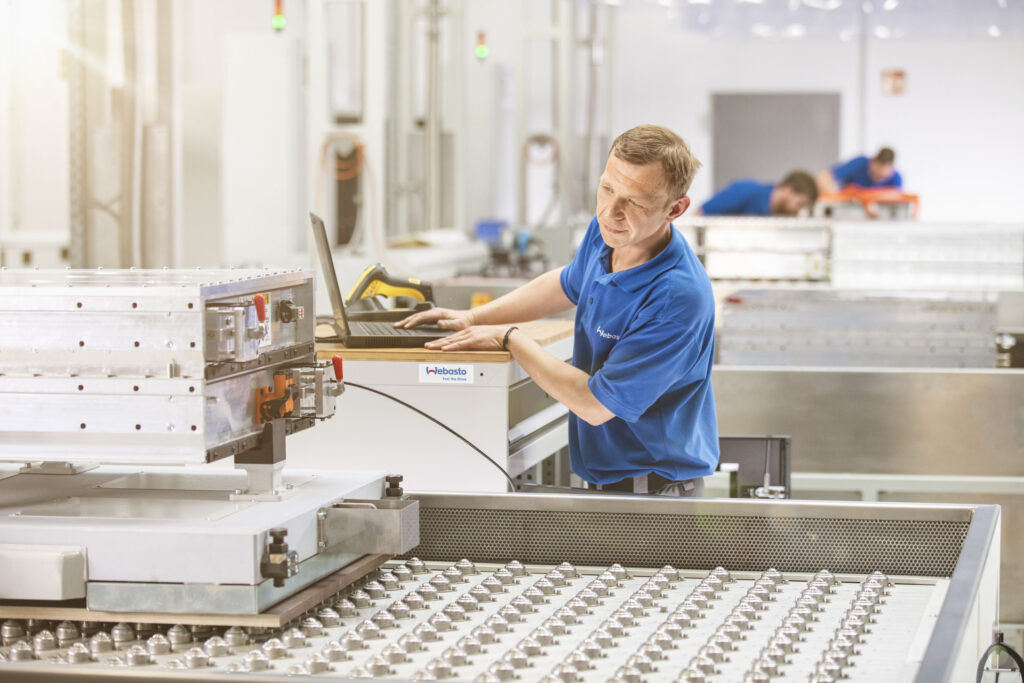Webasto selects Monolith as AI partner for battery validation
Monolith, an artificial intelligence (AI) software provider, has been chosen by automotive systems supplier Webasto as its partner for EV battery validation. This will make Webasto’s battery module and pack testing more efficient.
Webasto develops battery systems for a wide range of vehicle applications, building more than 500 prototypes per year. This work generates terabytes of raw data from thousands of tests, but it is not in a form suited to training AI models. Monolith’s data collation and compatibility support will facilitate machine learning and train AI models, giving Webasto the most actionable insights.
The immediate focus will be on pack screw tightening. Each battery module developed by Webasto contains at least 300 screws, with the torque setting for tightening each one generating huge amounts of data. The company will use the Monolith software to interrogate this data to improve battery performance.
The power of the Monolith platform lies in its ability to reduce the amount of physical testing time and simulations required to successfully develop products with highly complex, intractable physics throughout the design cycle.
Dr. Richard Ahlfeld, CEO and founder of Monolith, said: “The work we’re doing with Webasto sets a new benchmark for how a company can use AI effectively to improve processes and products. We’ve worked with them every step of the way to identify use cases, prepare data, and train the in-house test and domain experts to get the most out of the Monolith platform. The result is an acceleration in battery validation, and improved battery quality and performance.”
Markus Meiler, VP, research & development at Webasto, said: “The Monolith platform demonstrated the potential benefits of using our test data with AI and guided us through a workshop to identify the best potential use cases, becoming more than a tech supplier but an engineering partner.”
Click here to read the latest issue of E-Mobility Engineering.
ONLINE PARTNERS

